The Number Zero And Other Mathematical Inventions In India That Changed The World
Dhir Acharya - Dec 26, 2019
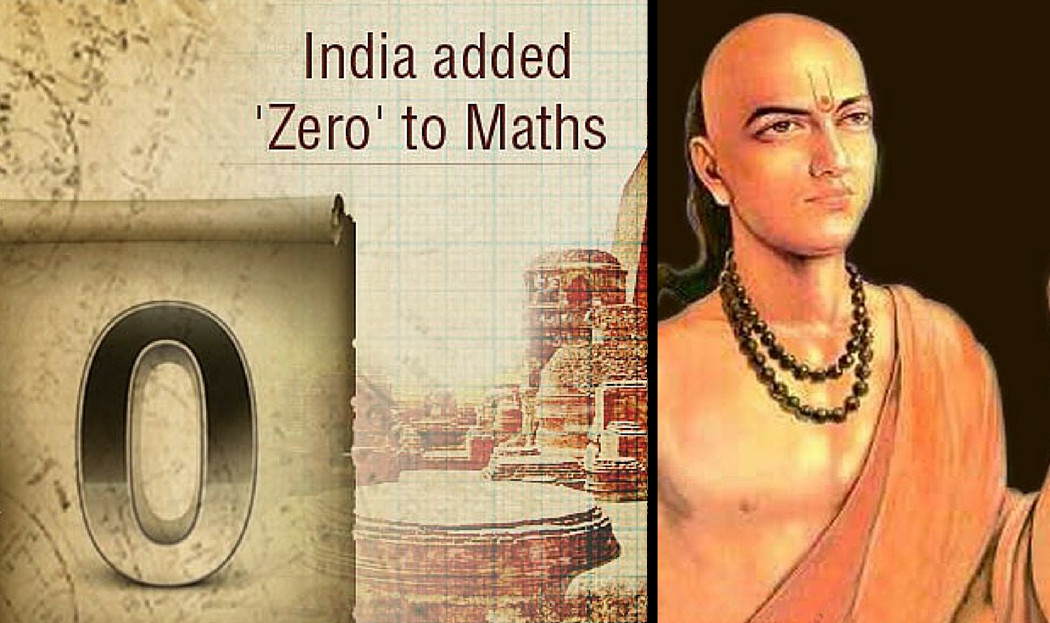
India is a country with a rich history and phenomenal cultures. And the following are India's 5 major mathematical inventions that changed the world.
- A Math Formula Tells Us How Long Everything Will Live
- 15 Examples Of Maths Patterns In Nature That Will Stun You (Part 1)
- Delhi Is The World’s Most Polluted Capital City For Three Years In A Row
India is a country with a rich history and phenomenal cultures. Especially, ancient India was a breeding ground for various geniuses in the fields of mathematics, astrology, and science. The country also made a lot of contributions to the world, but some of the most notable ones were in maths. Mathematicians here came up with mathematical methods that we still apply today. The following are the 5 major inventions of Indian mathematicians that changed the world.
1. Fundamentals of calculus
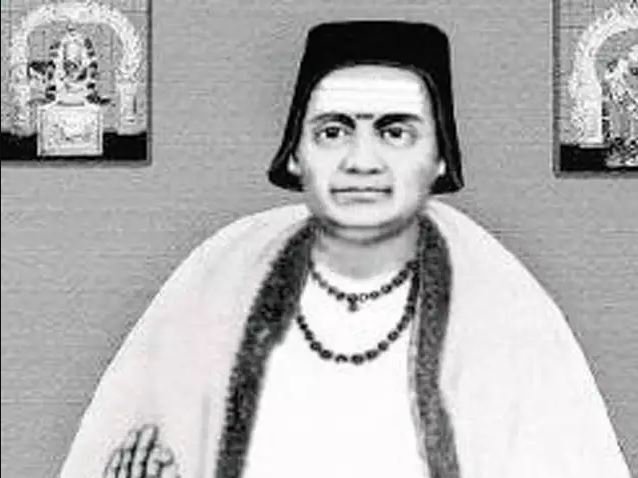
India is among the first places in the world to have found and used the number zero as well as negative numbers in calculations. So it’s safe to say that the development of calculus among mathematicians here was hundreds of years ahead of other countries. Bhaskara provided various solutions to many algebraic equations, his methods were also studied for a long time. The zero symbols started a long tradition of functional mathematics in not only science but also general areas.
2. Rules for negative numbers
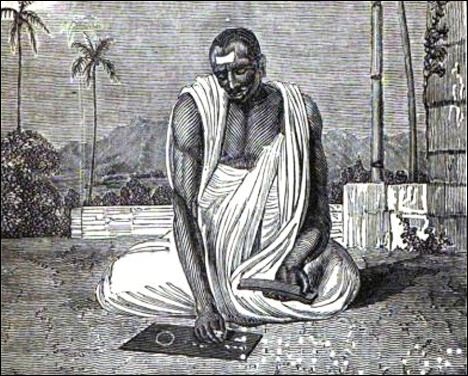
Indian scholars also conducted in-depth analyses of negative numbers, their methods and practices. Brahmasputha Siddhanta wrote a lot of scholarly and personal work, in which he demystified the concepts of negative numbers years before other mathematicians did. Translated into other languages, his work was used as core coursework for many other scholars. He demonstrated the rules of addition and subtraction for negative numbers, which were then applied by Western mathematicians.
Negative numbers and its discovery play a crucial role even now, including areas like finance as well as stock and forex analysis.
3. The number zero
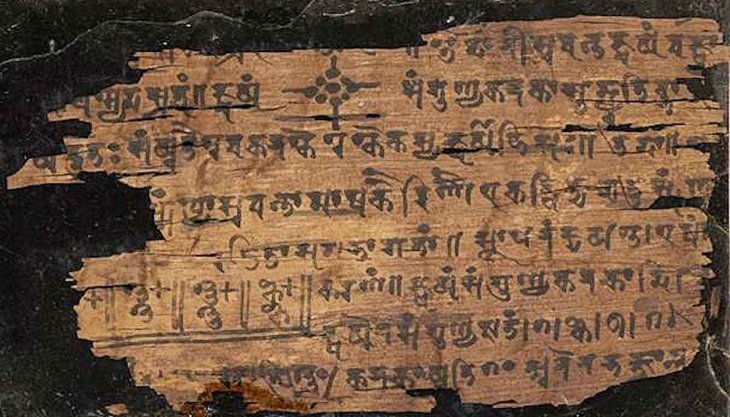
India discovered the concept of zero and used it as a unit of measurement in the number system ages before the rest of the world. In the Bakhshali manuscript, there were examples of zero being used as a concept and a placeholder for other numbers. But in India, zero was used only for recording the lack of progress. According to available records, using the number zero offered great efficiency in not only applied and conceptual maths.
4. The number system

While numbers are thousands of years old, there weren’t any standardized number systems for ages. It was in modern times when the Vedas was found and these texts indicate how a standardized form of writing was adopted in the Indian subcontinent hundreds of years ago. Since the Vedas relied on the power of 10, it became the precursor for the decimal system in maths. Mathematicians also used the Brahmi numerals much earlier than they used the Vedas, and the modern numerals adopt the Brahmi.
5. Trigonometry
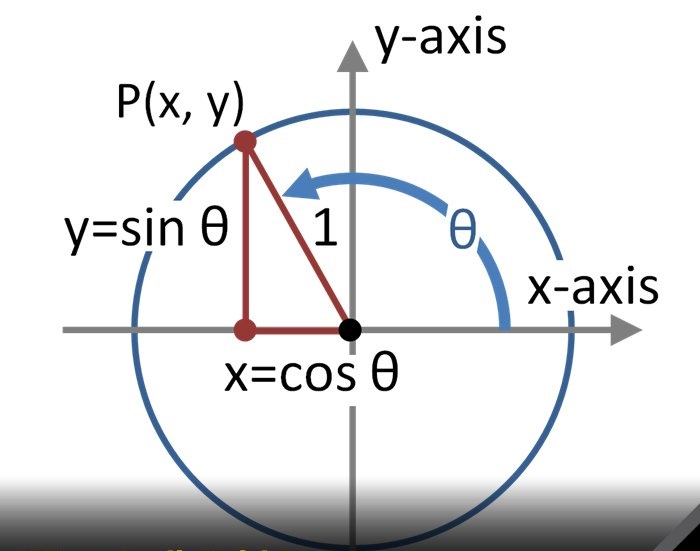
While trigonometry is known to root in Ancient Greece, its original form wasn’t used for long. The modern trigonometry and its application seem to come from Aryabhata, who laid the foundations of trigonometry in a number of forms for astronomy as well as general science. His work fundamentals later spread to the Arab world and Europe. The trigonometric functions and fractional multiples we use now originated from three forms developed by Aryabhata.
Featured Stories

Features - Jan 29, 2026
Permanently Deleting Your Instagram Account: A Complete Step-by-Step Tutorial

Features - Jul 01, 2025
What Are The Fastest Passenger Vehicles Ever Created?

Features - Jun 25, 2025
Japan Hydrogen Breakthrough: Scientists Crack the Clean Energy Code with...

ICT News - Jun 25, 2025
AI Intimidation Tactics: CEOs Turn Flawed Technology Into Employee Fear Machine

Review - Jun 25, 2025
Windows 11 Problems: Is Microsoft's "Best" OS Actually Getting Worse?

Features - Jun 22, 2025
Telegram Founder Pavel Durov Plans to Split $14 Billion Fortune Among 106 Children

ICT News - Jun 22, 2025
Neuralink Telepathy Chip Enables Quadriplegic Rob Greiner to Control Games with...

Features - Jun 21, 2025
This Over $100 Bottle Has Nothing But Fresh Air Inside

Features - Jun 18, 2025
Best Mobile VPN Apps for Gaming 2025: Complete Guide

Features - Jun 18, 2025
A Math Formula Tells Us How Long Everything Will Live
Read more

Mobile- Feb 17, 2026
Anticipating the Samsung Galaxy S26 and S26+: Key Rumors and Specs
The Samsung Galaxy S26 series is on the horizon, sparking excitement among tech enthusiasts.

Mobile- Feb 16, 2026
Xiaomi Launches Affordable Tracker to Compete with Apple's AirTag
For users tired of ecosystem lock-in or high prices, the Xiaomi Tag represents a compelling, no-frills option that delivers core functionality at a fraction of the cost.

ICT News- Feb 18, 2026
Google's Project Toscana: Elevating Pixel Face Unlock to Rival Apple's Face ID
As the smartphone landscape evolves, Google's push toward superior face unlock technology underscores its ambition to close the gap with Apple in user security and convenience.
Comments
Sort by Newest | Popular